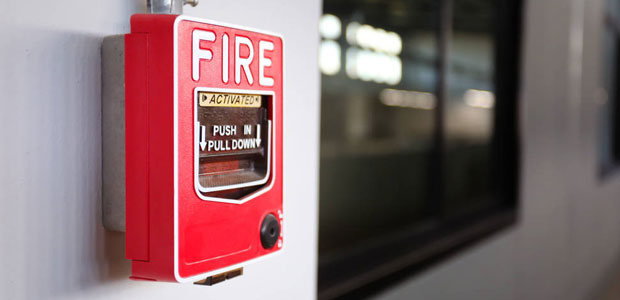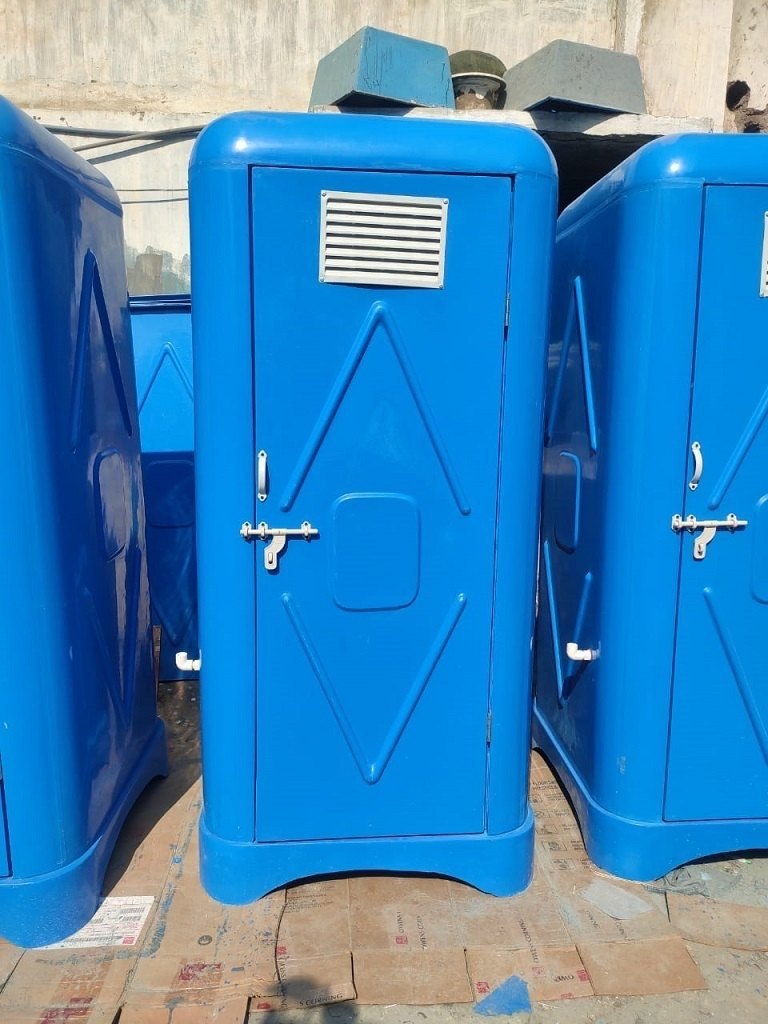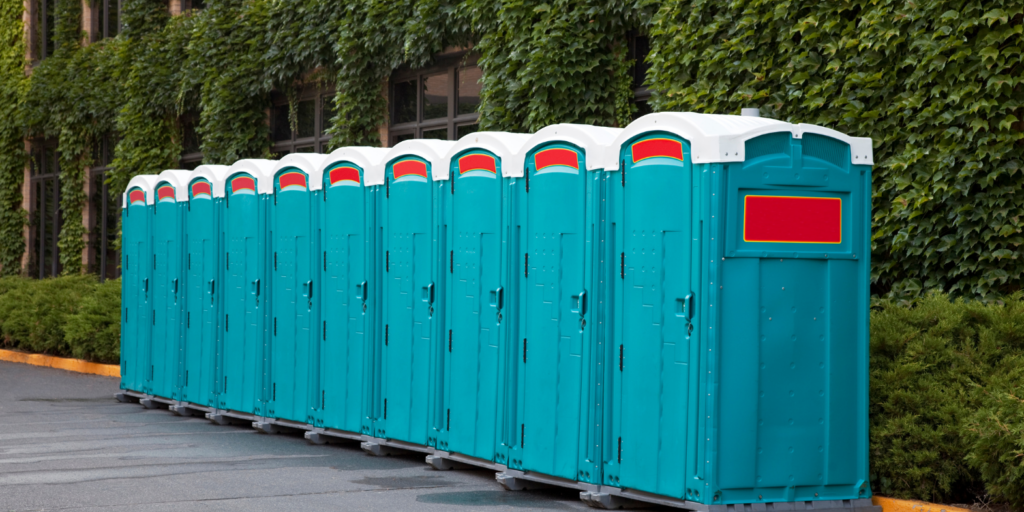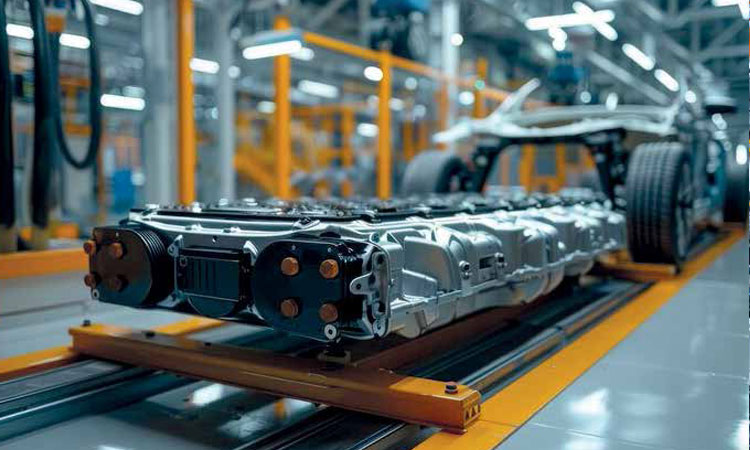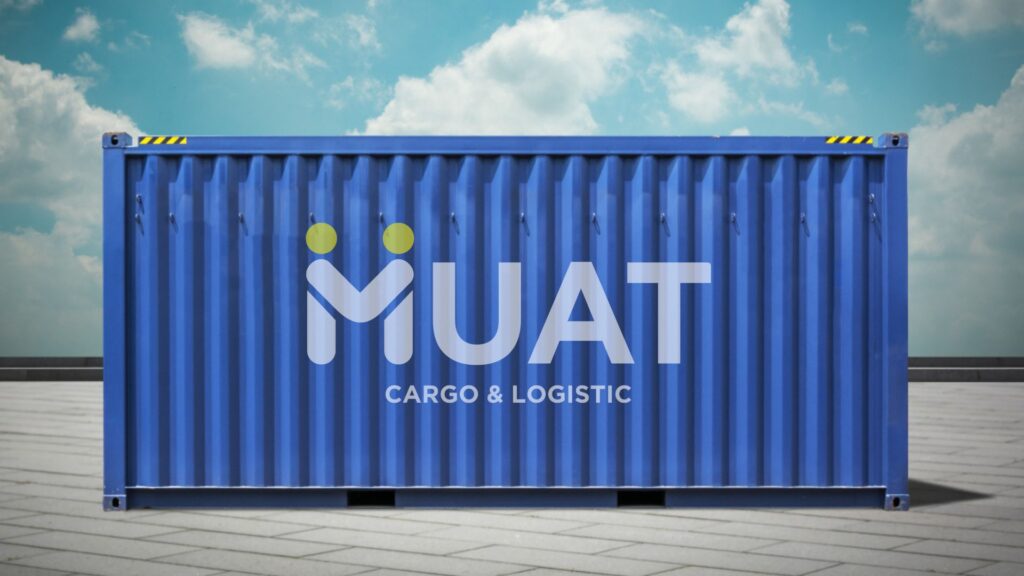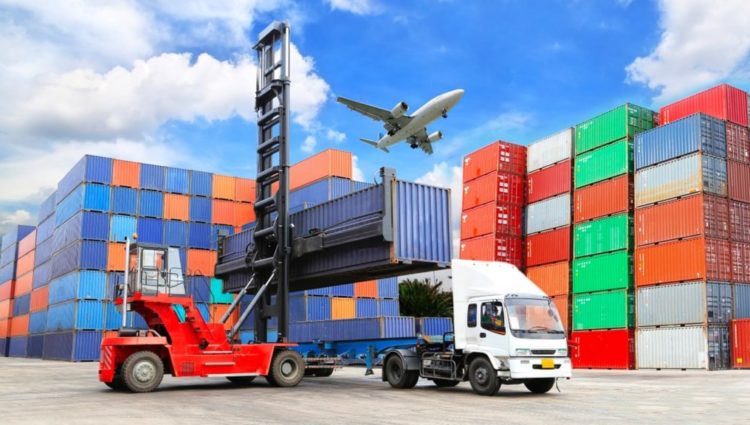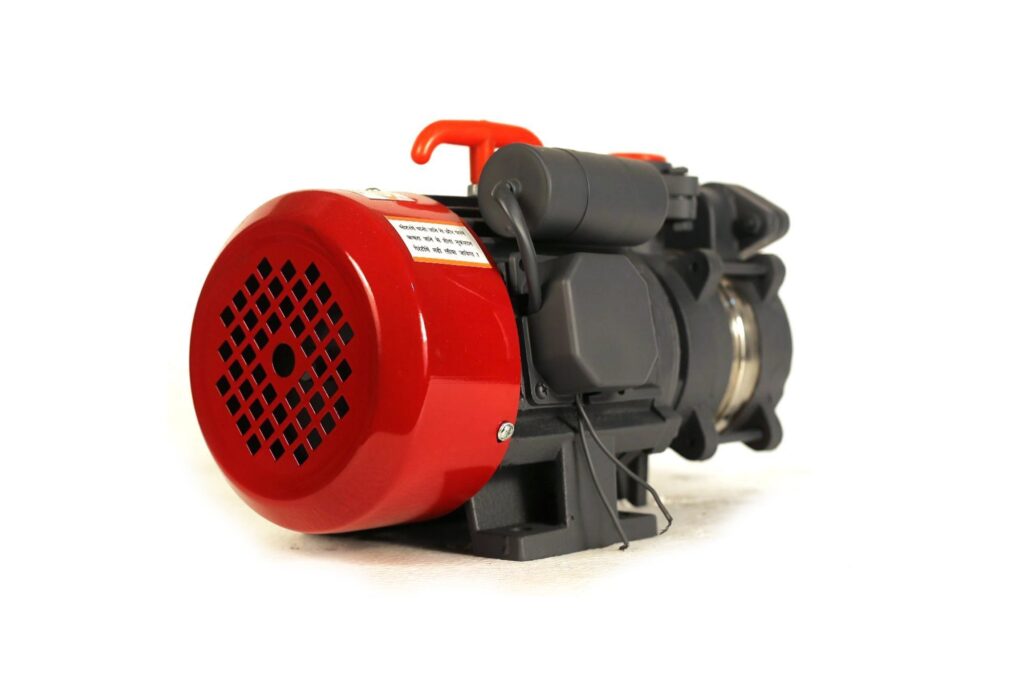As Indonesia continues to experience rapid urban growth and industrial development, fire safety has become a critical concern across all sectors. As high-rises, industrial complexes and factories are built throughout Indonesia, the demand for fire protection systems is increasing. Indonesian fire contractors play a central role in ensuring that these systems are properly designed, installed, and maintained to safeguard both lives and property. These professionals are trained to assess fire risks, comply with national regulations, and deliver technical solutions that prevent disasters before they happen. In a country that regularly experiences densely packed urbanization, the services of fire contractors are essential to avoid catastrophic incidents. Their work is not only important for public safety but is also crucial in securing investments and protecting business continuity. The demand for their expertise continues to rise as Indonesia’s construction and industrial sectors expand.
The responsibilities of an Indonesian fire contractor begin long before any alarms or sprinklers are installed. Their involvement starts at the planning stage of any construction project, where they evaluate fire risks and propose tailored safety systems suited to the building’s function. Whether the structure is a shopping mall, hospital, warehouse, or office tower, each has unique fire safety requirements based on size, layout, and occupancy. To ensure every safety measure has been incorporated in the design of a building, fire contractors collaborate with architects, engineers and project developers. This ensures that fire alarms and sprinklers systems are seamlessly integrated with emergency lighting, smoke detection, and evacuation routes. The contractors must be updated with Indonesian fire standards and codes, including those set by the Ministry of Public Works or local fire departments. Their early input helps prevent costly redesigns and enhances the overall safety profile of a project from the outset.
Fire contractors are also highly skilled in the installation phase, after the design phase. Fire contractors oversee the purchase and installation of every component in a fire protection system. They ensure that all parts are correctly placed and function as designed. In commercial and industrial environments, even a minor error in installation can lead to system failure in a real emergency. Indonesian contractors for fire protection are required to adhere to strict standards of safety and to maintain best practices. Many have international certifications such as NFPA, the National Fire Protection Association. They also conduct system testing to verify the reliability of each component before handing over the completed project to the client. Proper documentation and as-built drawings are often included to ensure that building operators understand how their systems work. This meticulous approach helps establish the foundation for ongoing safety and compliance.

Indonesian fire contractors provide more than just installation services. They also offer essential maintenance and inspection to ensure the long-term efficiency of fire safety systems. Regular inspections of fire protection equipment are required to check for signs of wear and tear, electrical problems, mechanical failures or leaks. Without proper maintenance, systems can fail during emergencies, putting occupants and assets at serious risk. Scheduled service agreements are offered by contractors that cover routine inspections as well as pressure testing for sprinklers and hydrants, checking alarms and replacing expired extinguishers. These services are particularly valuable in high-risk environments like factories and chemical plants, where the threat of fire is ever-present. Property owners can also avoid legal issues by maintaining their property to comply with government and insurance regulations. Contractors can ensure safety systems are operational for many years to come by performing regular maintenance. For more information please Read This
Indonesian Fire Contractors also play a key role in educating and training building staff and residents. Even the most advanced fire protection systems are ineffective if people do not know how to respond during an emergency. Contractors offer training in firefighting, basic evacuation, and firefighting simulations to make sure everyone knows their role when the alarm goes off. Also, they help to create fire safety plans that include emergency exit maps and communication procedures as well as response teams. These efforts are especially important in schools, offices, and shopping centers where large groups of people gather daily. By empowering people with the information they need to safeguard themselves and others, fire contractors can help create a culture of safety. Their involvement in training demonstrates a commitment to safety that goes beyond technology and equipment, emphasizing the human side of emergency preparedness.
The future of Indonesian fire contractors is closely tied to the country’s continued growth and modernization. As smart buildings, green construction, and digital infrastructure become more common, fire contractors must adapt by offering new technologies such as automated systems, remote monitoring, and eco-friendly suppression methods. In urban centers such as Medan, Surabaya and Jakarta, integrated safety systems that integrate fire protection into building management systems are becoming increasingly popular. To remain relevant and competitive, contractors will have to keep up with national and international trends. As the government implements more stringent fire safety laws compliance becomes even more important, making qualified fire contractors highly in demand. Their expertise will not only support safer buildings but will also contribute to national resilience by reducing the risk and impact of fire disasters. As a result, Indonesian fire contractors will continue to be trusted guardians of safety in the nation’s journey toward progress.
